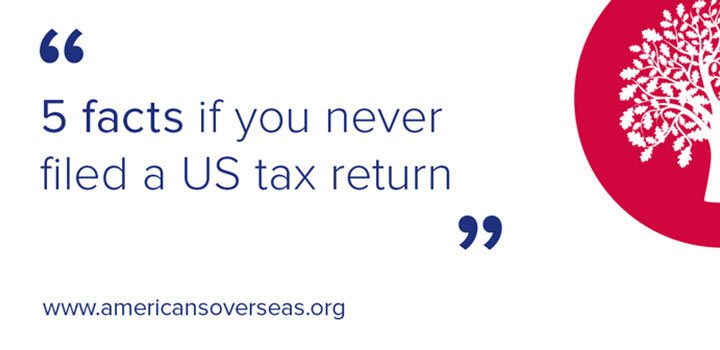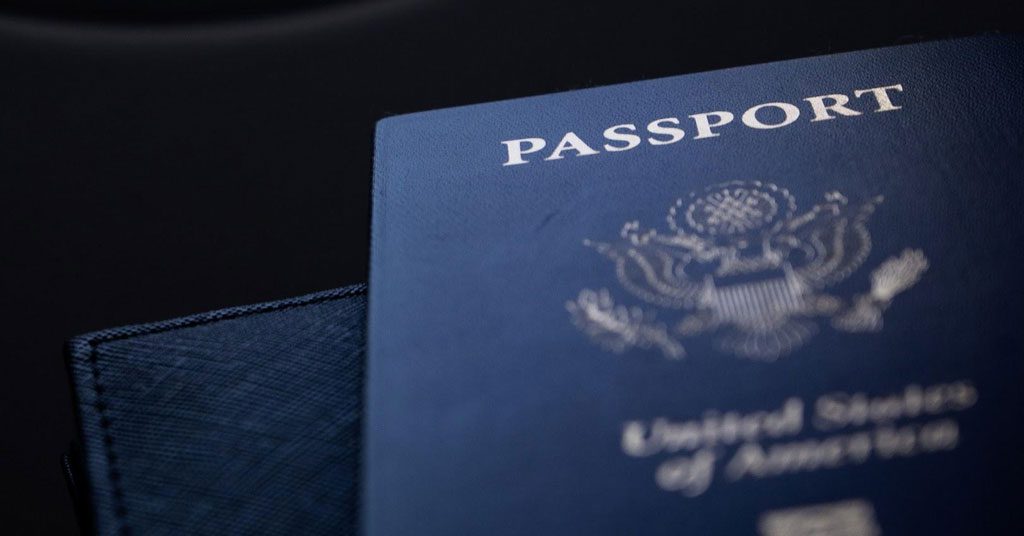
Washington Post: How the coronavirus makes it impossible to renounce U.S. citizenship

According to the Washington Post Americans living overseas are not able to renounce their U.S. citizenship while banks threaten to close their accounts.
Based on an article by Adam Taylor
Aline, 59, a nurse who lives in France, said she was shocked to receive a letter from her bank in February warning that her account would be closed if she could not provide a U.S. Social Security number (SSN). She’d had little to do with the United States since leaving the United States as a baby.
When she tried to arrange an appointment to apply for one at the U.S. Embassy in Paris, she found that the service had been suspended during the novel coronavirus pandemic.
Months later, after receiving another warning from her bank, she decided to renounce her U.S. citizenship. “I never thought of myself as an American,” she said. But neither the embassy nor other U.S. consulates in France would process her request. The service had ground to a halt worldwide.
“It seems to me that the U.S. administration is doing everything to prevent us from renouncing U.S. citizenship,” she said.
Record number renounce U.S. citizenship
She is not alone. U.S. government data suggest that a record number of Americans are seeking to give up citizenship this year. However, disruptions to consular services around the world have made it nearly impossible for some Americans to stop being American.
A large group of U.S. citizens abroad said corona-related restrictions had delayed their plans to renounce U.S. citizenship. The potential consequences: are closed bank accounts, canceled loans, and disrupted lives.
A State Department spokesperson said that cutbacks to consular services, which began in March, were meant “to protect our customers, our workforce and public health worldwide,” and that the department had begun a “phased resumption of routine consular services.”
But for many people struggling in financial limbo, that may be too little, too late.
Taxes reason to renounce U.S. citizenship
Citizenship renunciation is surging. State Department releases suggested that 5,816 Americans gave up their citizenship in the first half of 2020, heading toward a record.
There will be a large wave of U.S. citizens renouncing their citizenship once they are able to book appointments again.
Reasons to give up a U.S. passport vary. Some of those looking to give up their citizenship were doing so because they “have had enough of President Trump,” or pandemic chaos that has weakened the prestige of an American travel document.
The United States bases its taxation requirements on citizenship rather than residency, unlike almost every other nation, and those born in the country automatically become citizens, which means many thousands of people with few ties to the United States are required to file U.S. taxes.
Citizens abroad were long often able to ignore these laws if they did not have significant U.S. connections.
But in 2010, hoping to curtail tax evasion, the United States passed a law called the Foreign Account Tax Compliance Act (FATCA) that required all non-U.S. financial institutions to search their records for U.S. citizens and permanent residents and report them.
Cost to renounce U.S. citizenship
Although the majority of U.S. citizens who live abroad do not owe any U.S. taxes, coming into compliance with U.S. laws can be confusing and costly. As can renouncing citizenship: In 2014, the fee for renouncement rose 422 percent, to $2,350.
A little-noticed provision in tax cuts pushed by the Trump administration, calling for a one-time tax on assets controlled by U.S. businesses, made the burden worse for many small-business owners, including doctors in parts of Europe who operate as private corporations.
Renunciation for Americans living overseas
Renunciation can be a long process. Even some who set it in motion before the pandemic said their plans were derailed.
Patrick, 51, an office worker who lives in Belgium, said that he first visited the U.S. Embassy in Brussels to discuss his plans to renounce citizenship in September 2019. This year, he had three appointments canceled. He doubts that he will be able to drop his citizenship before the end of 2021.
Born in the U.S. to parents studying there, he returned with them to Belgium when he was 2 months old. Although his bank is threatening to close his shared account with his wife, he said that U.S. officials have offered little help.
“They say I am an American citizen because I was born there,” Patrick said, “but they don’t even help American citizens.”
Acute problems for Americans living overseas
The problem is global but the issue remains very acute in Europe, where the coronavirus is raging and banks have seen huge fines over U.S. sanctions violations.
Carrie, 51, a doctor living in Amsterdam, said that without an avenue to renounce citizenship, she is unable to open a bank account for her teenage son or get a mortgage to buy a new home.
Carrie spoke last year about the unexpected effect of the 2017 U.S. tax law on her Dutch savings. She was told by accountants that she may owe more than $107,000 in U.S. taxes under the new rules, but what little progress she made last year in collecting documents to get a Social Security number and file taxes was curtailed when consular services stopped.
Those seeking to give up their citizenship have resorted to forming groups to pressure the State Department. Daan Durlacher, the founder of the Dutch organization Americans Overseas, said he had spoken with Peter Hoekstra, the U.S. ambassador to the Netherlands.
Hoekstra was understanding but unhelpful, Durlacher said. “The only thing that they say is, yes we are aware of the problem,” Durlacher said. “They simply do not understand what an unbelievable, strange, and impossible situation these people are in.”
Need more information on how to renounce U.S. citizenship and taxation based on citizenship?
We, the founders of Americans Overseas, were born in the Netherlands and obtained our American nationality through our (American) mother. When we heard about this for the first time around 2013, we were in total disbelief (it can’t be true!), anger (how can they do this?), fear (am I going to get fined or pick up other problems?), and panic (what should I do?).
It is (unfortunately) true that there is an additional American tax levy. But there’s no information from the local government, and when approached, the consulate referred us to the IRS, and the IRS was impenetrable.
That’s why we started this initiative to help people from all over the world by providing proper information to avoid unnecessary panic and offering help free of obligation and free of charge. If needed, we have a network of affordable professionals (accountants) who can help you with your tax obligations.
If you have more questions about how to renounce U.S. citizenship and US taxes you can contact us at Americans Overseas.
Contact us for more information
Source: Washington Post
Frequently asked questions
Understanding the US tax system, the obligations, and all the additional terms can be difficult. Especially if one lives outside of America. Is your question not answered? Contact us.
-
Who is required to file taxes in the US?
U.S. citizens and resident aliens who live abroad are generally required to file a federal income tax return and pay taxes on their worldwide income.
Read more... about Who is required to file taxes in the US? -
Do US citizens living abroad still have to file taxes in the US?
Yes, US citizens are required to file taxes on their worldwide income, regardless of where they are living.
Read more... about Do US citizens living abroad still have to file taxes in the US? -
How can I cash my US check?
Received an American check? You can cash your check in the following ways: cash the check at your own bank, transfer to another person (endorsement), cash checks using an online service or cash the check by another bank.
Read more... about How can I cash my US check? -
Are there any special tax forms required for US citizens living abroad?
US citizens living abroad may be required to file Form 2555 and/or Form 1116 to claim the foreign-earned income exclusion.
Read more... about Are there any special tax forms required for US citizens living abroad? -
What is FBAR filing?
FBAR (Foreign Bank Account Report) filing is the requirement for certain U.S. individuals and entities to report their foreign financial accounts to the Financial Crimes Enforcement Network (FinCEN) of the U.S. Department of Treasury. The FBAR filing requirement applies to U.S. persons who have a financial interest in, or signature authority over, one or more foreign financial accounts if the aggregate value of those accounts exceeds $10,000 at any time during the calendar year.
Read more... about What is FBAR filing?





